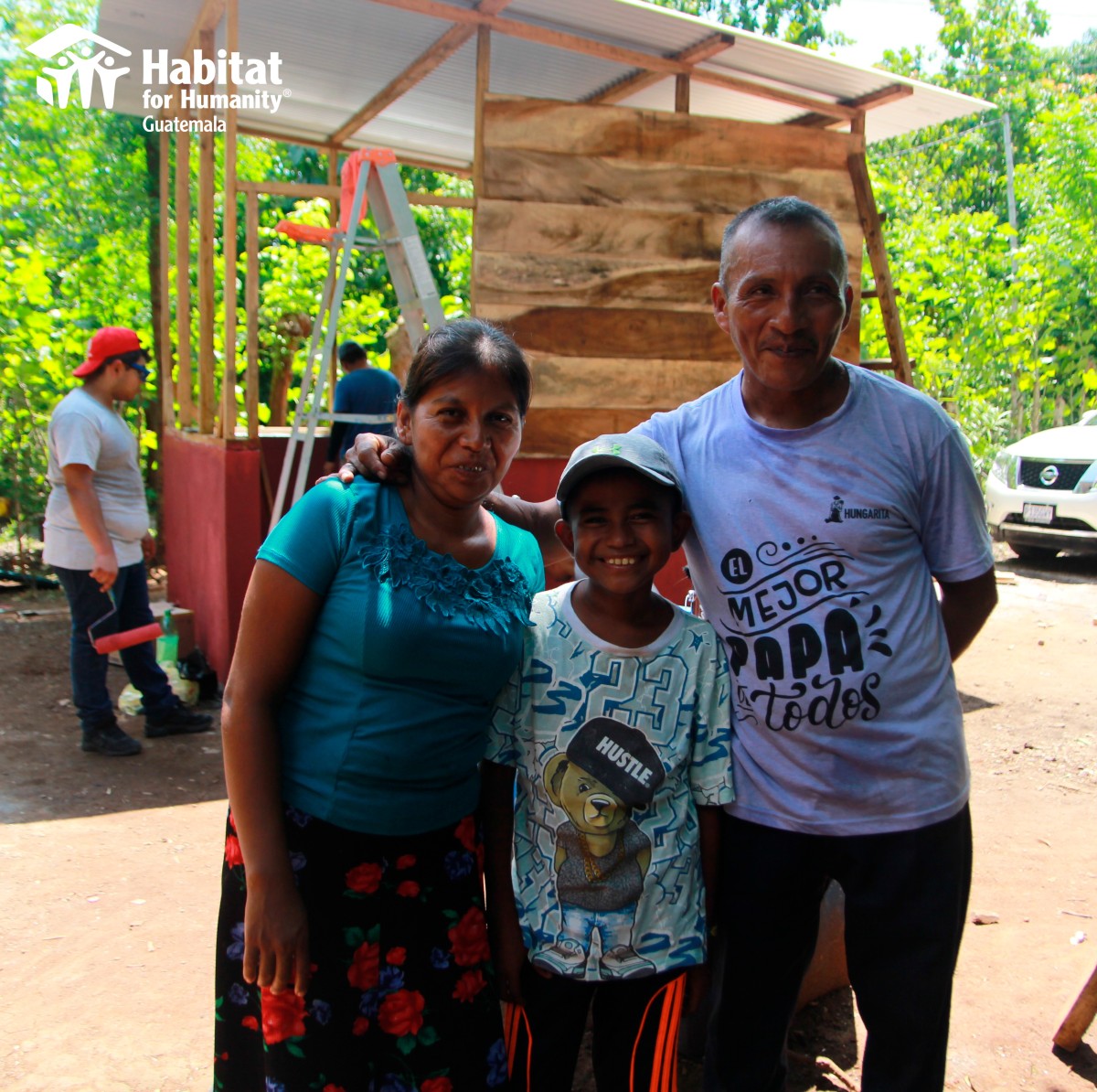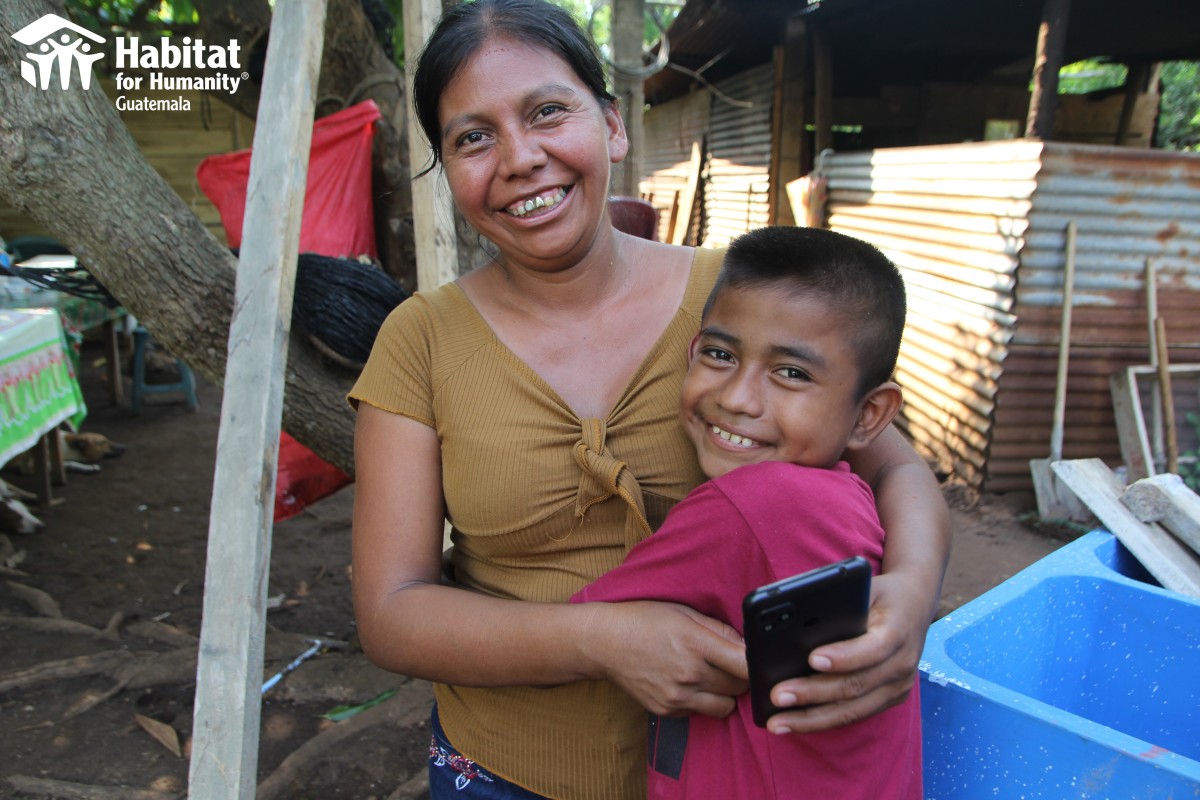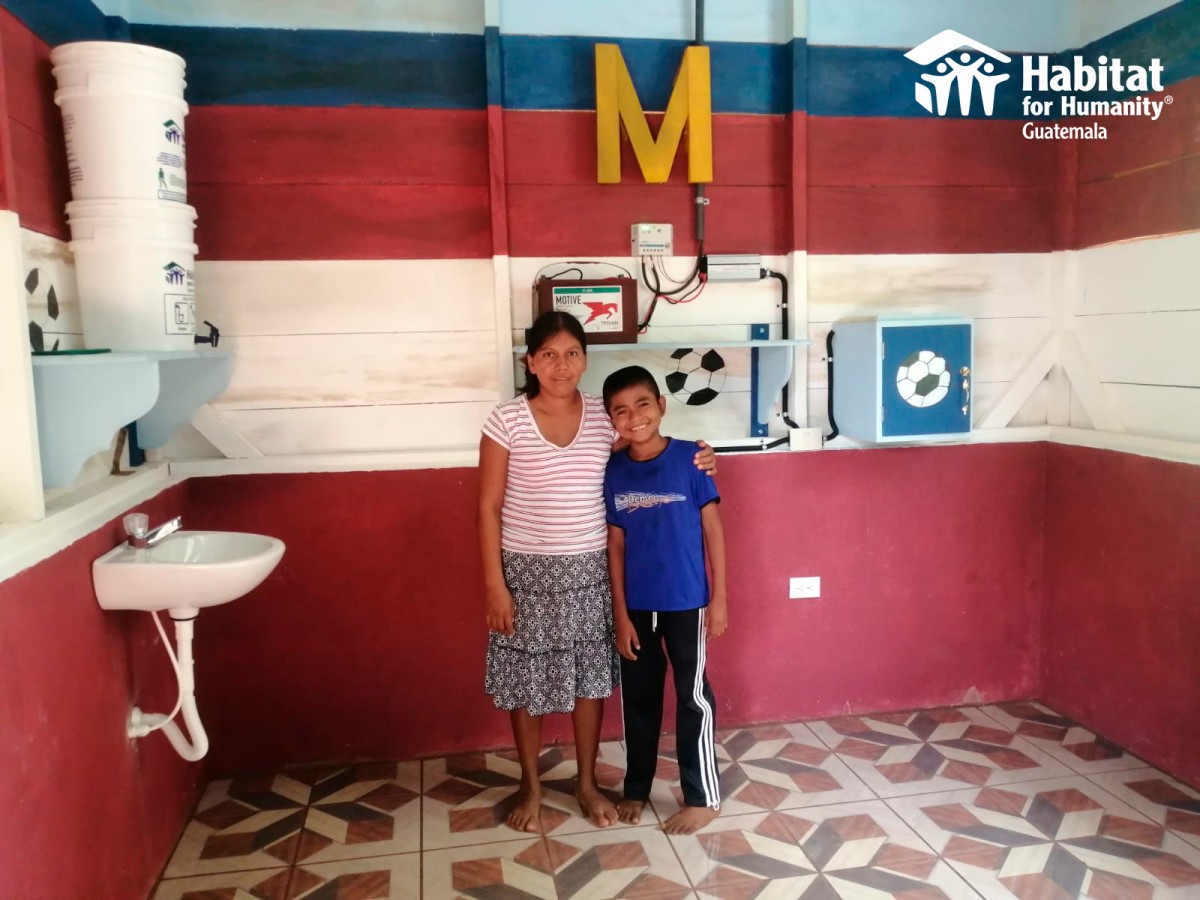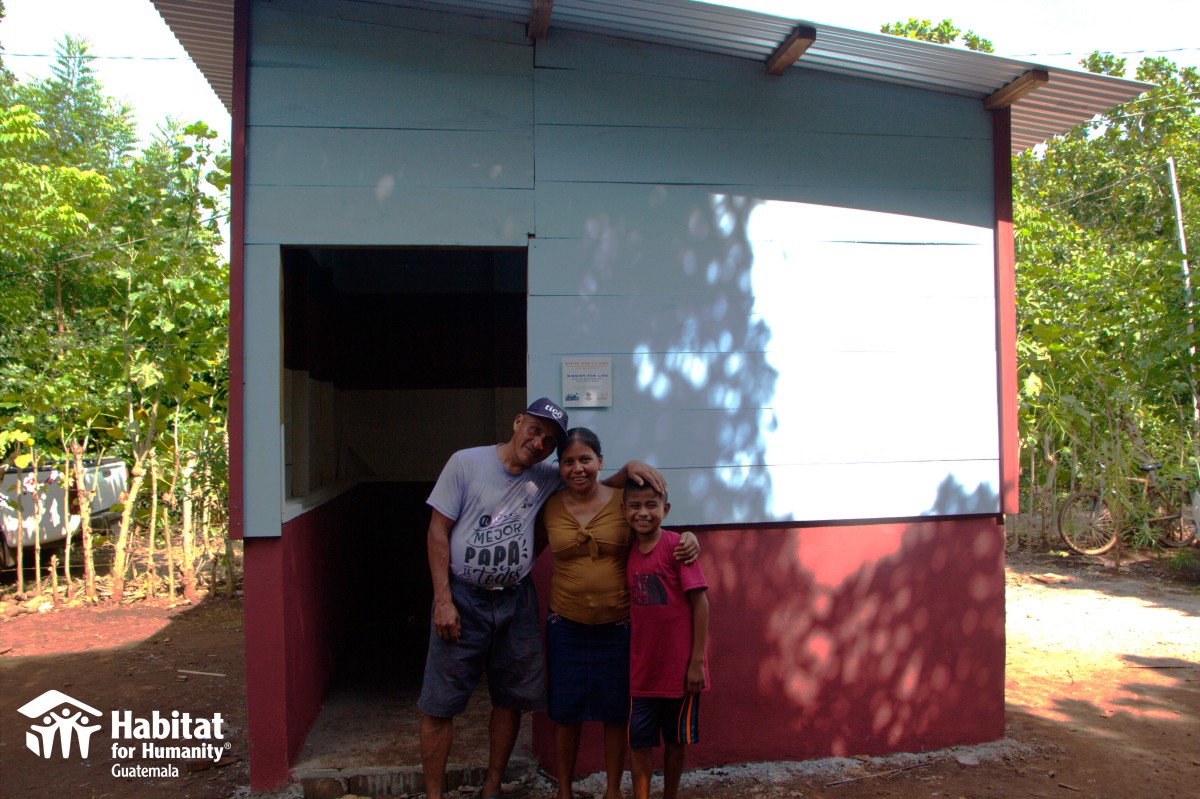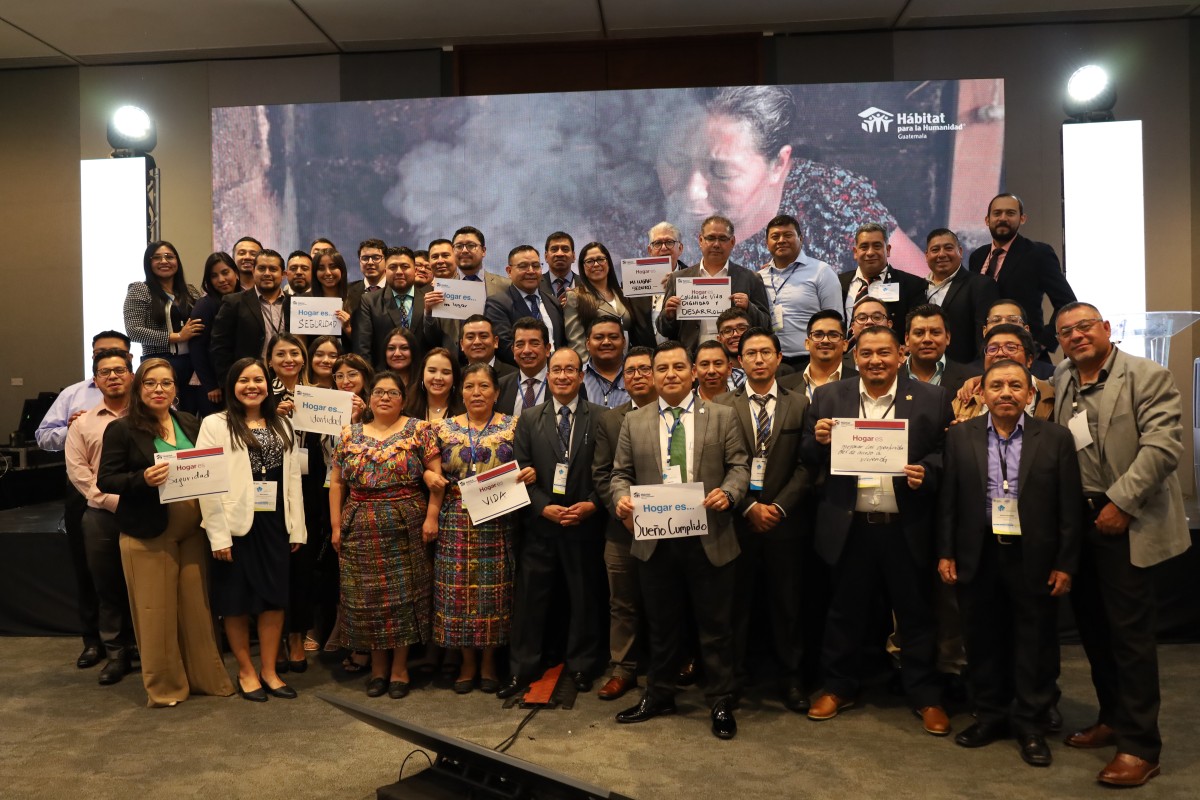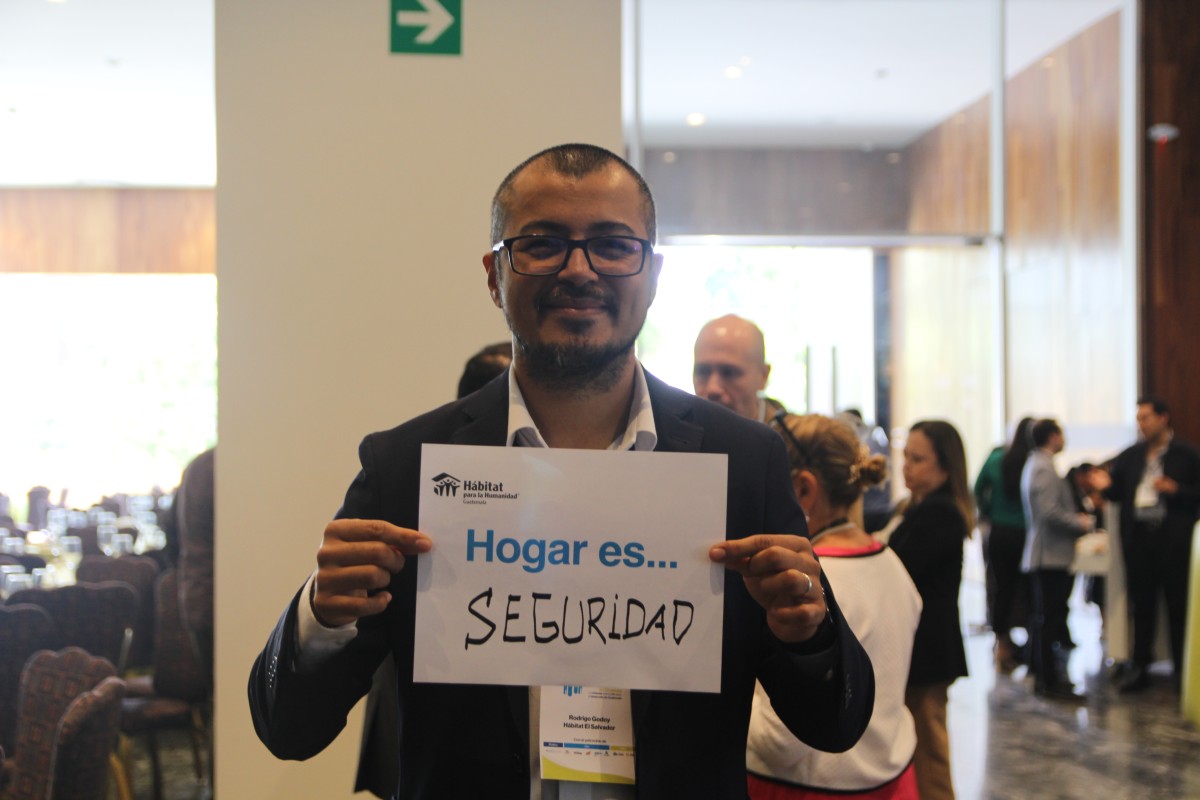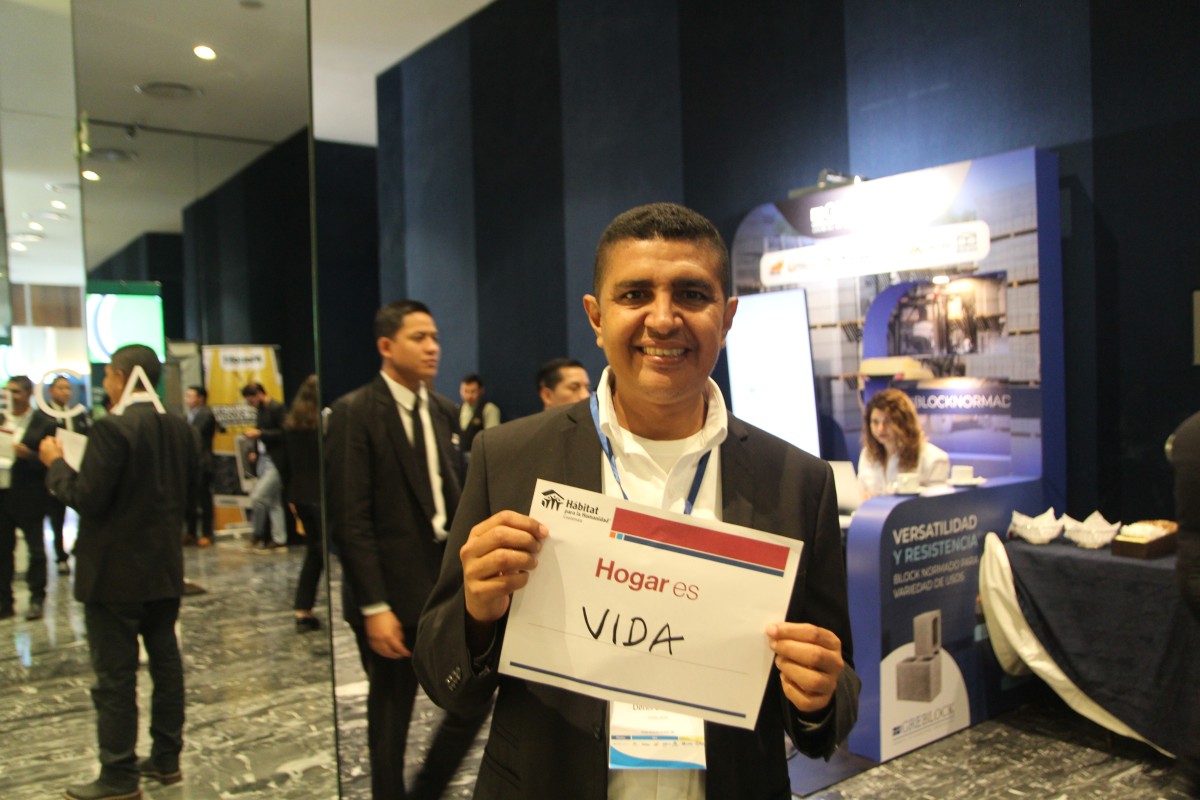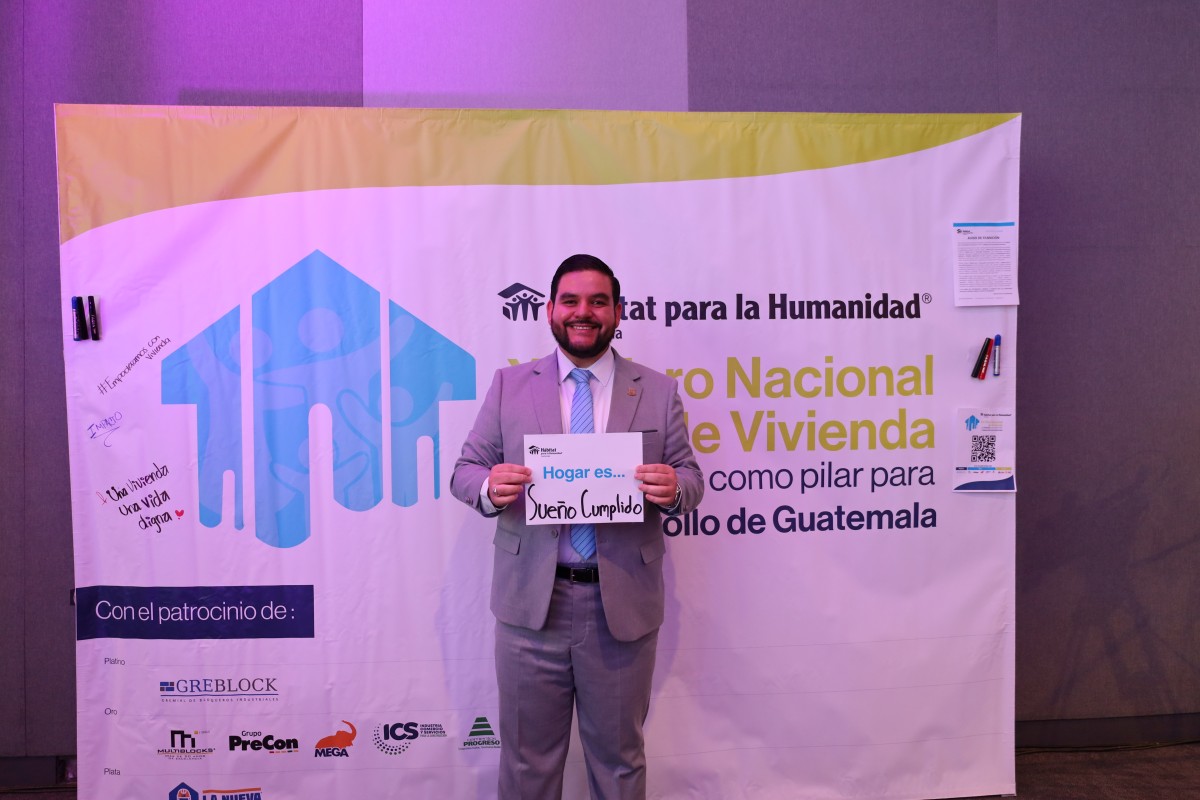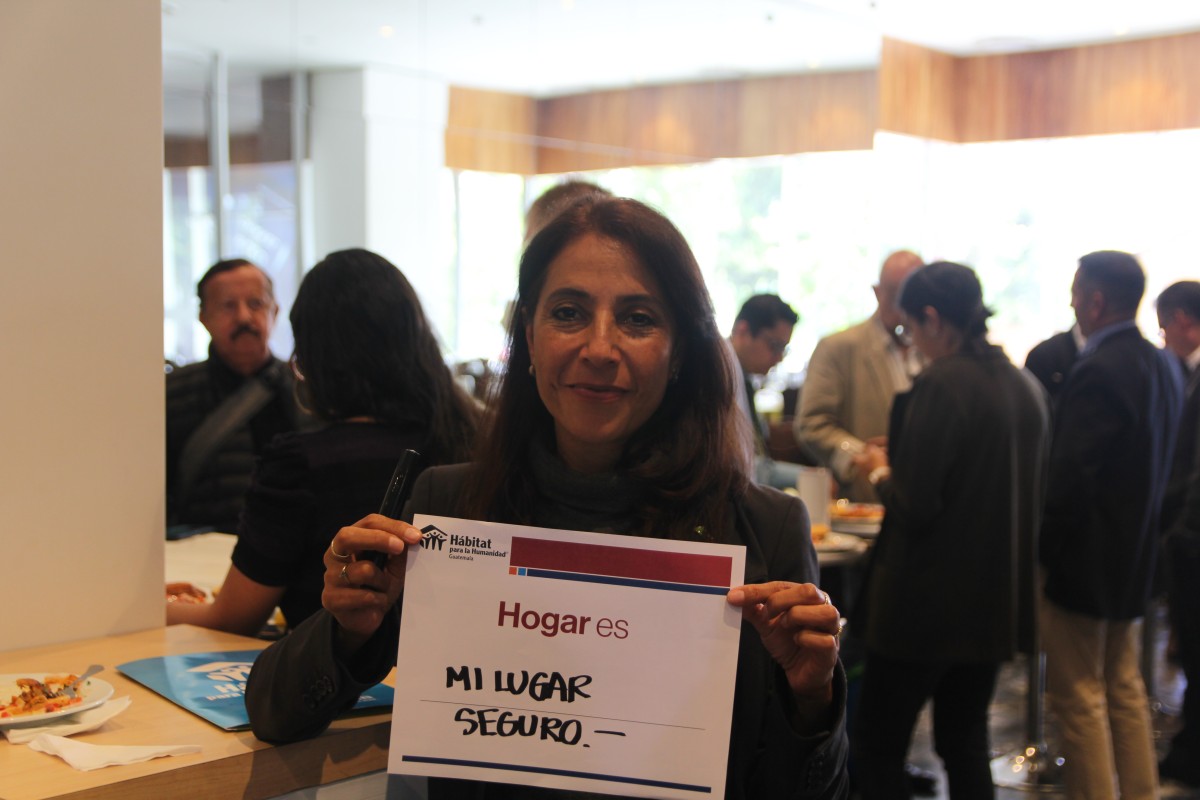Drinking Water System for Nueva Jerusalén
In the heart of the municipality of Poptún, in the department of Petén, lies the community of Nueva Jerusalén. A community that, until recently, faced significant challenges related to access to clean water, sanitation and hygiene. However, thanks to the implementation of a comprehensive project by Habitat for Humanity Guatemala, the lives of 32 families have undergone a transformational change.
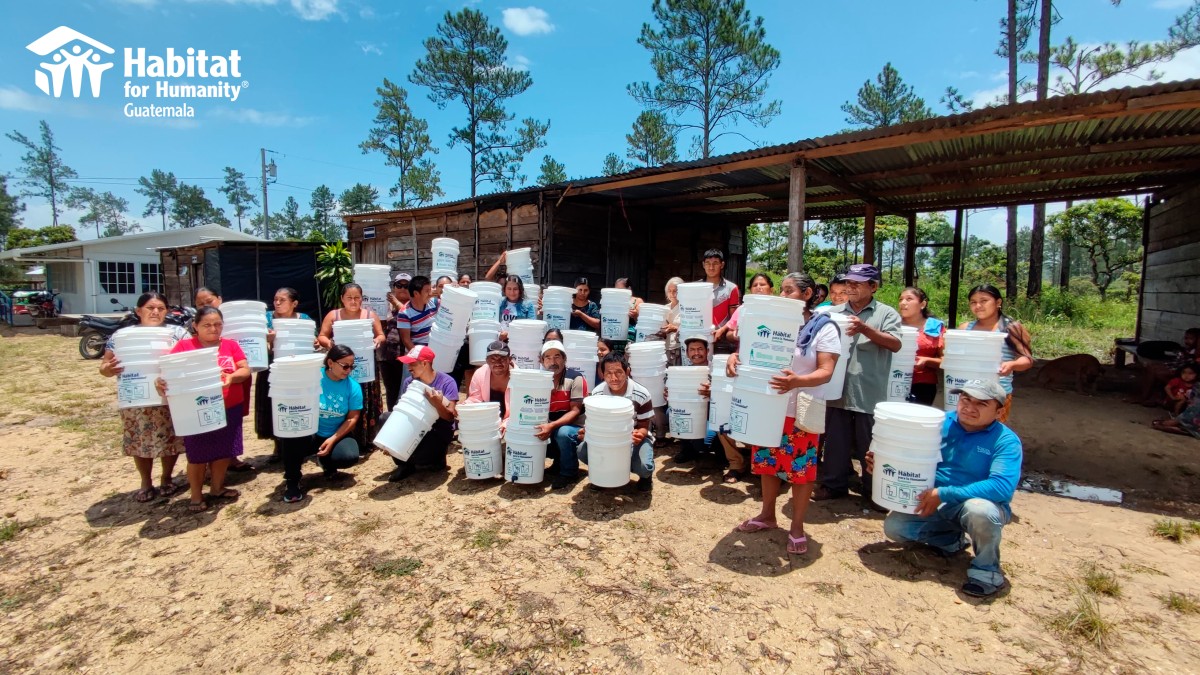
Nueva Jerusalén Community at a Glance
Prior to the project, the 32 families of Nueva Jerusalén lived in conditions of poverty and extreme poverty. Their homes were constructed primarily of materials such as wood and sheet metal, and many lacked full or partial access to basic water, hygiene and sanitation services.
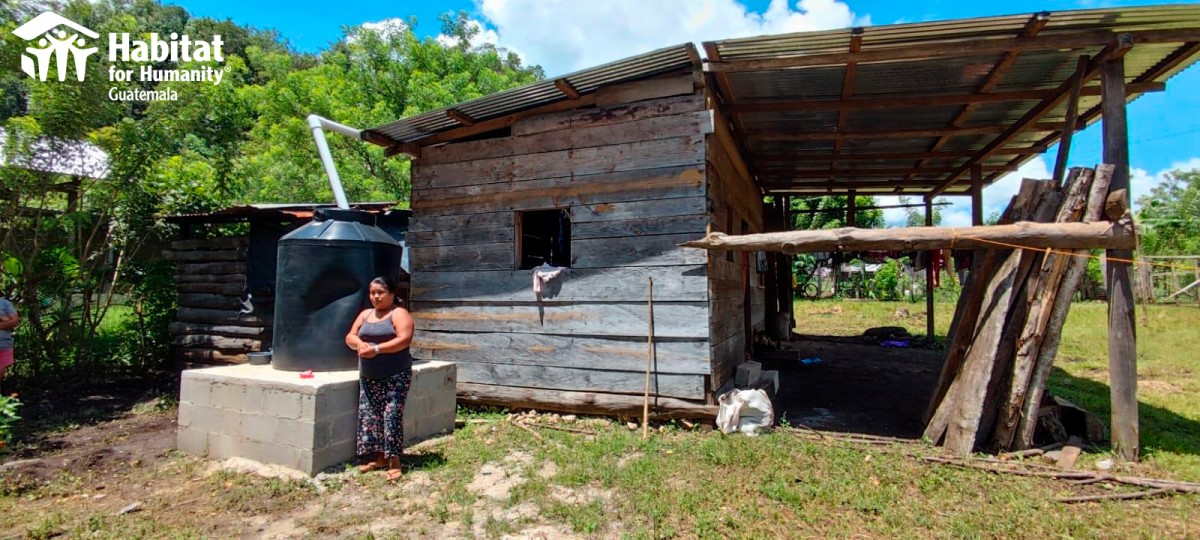
Selection of Beneficiary Families
The selection of beneficiary families was carried out with the support of the HPHG technical team and the Community Urban and Rural Development Councils (COCODEs). The families most in need of support were identified, ensuring that they met the foundation’s selection criteria. This ensured that resources were directed to those who really needed them.
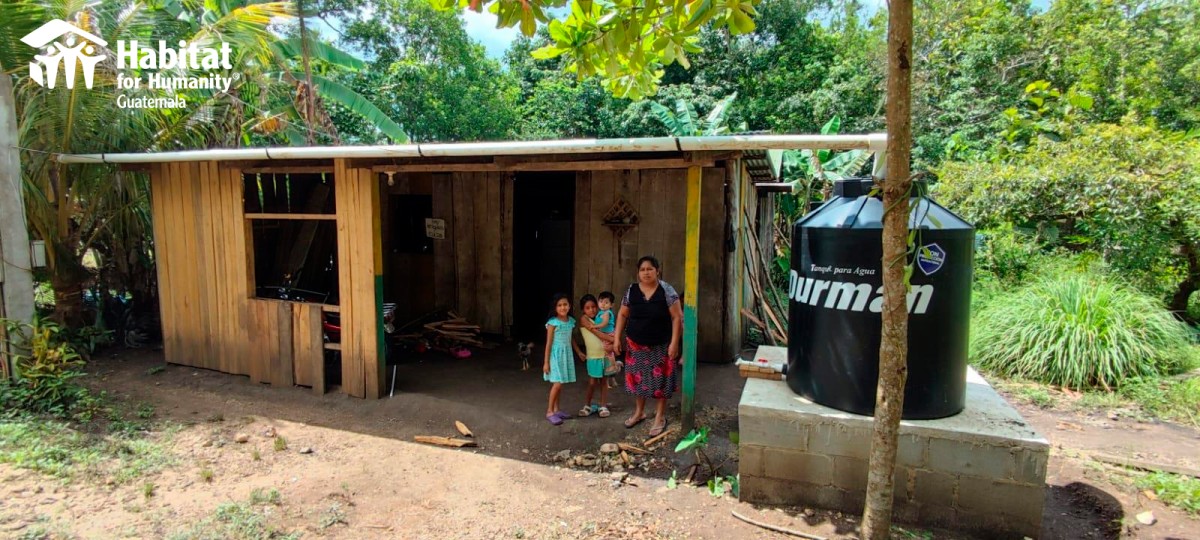
Project Implementation
The implementation of the project involved the beneficiary families themselves at various stages. Adults participated in construction tasks, such as transporting materials and supporting the masons. In addition, capacity building activities were promoted to encourage positive changes in health, hygiene, savings and risk management.
Impactful Results
The project succeeded in providing housing solutions that promoted access to water, hygiene and sanitation for these families. As a result:
- All 32 families now have rainwater harvesting systems, water purifying filters, batteries, and filter system candela replacements.
- Five community rainwater harvesting systems were built to increase the community’s access to water resources.
- Families acquired knowledge and self-management tools on health, hygiene, savings and risk management.
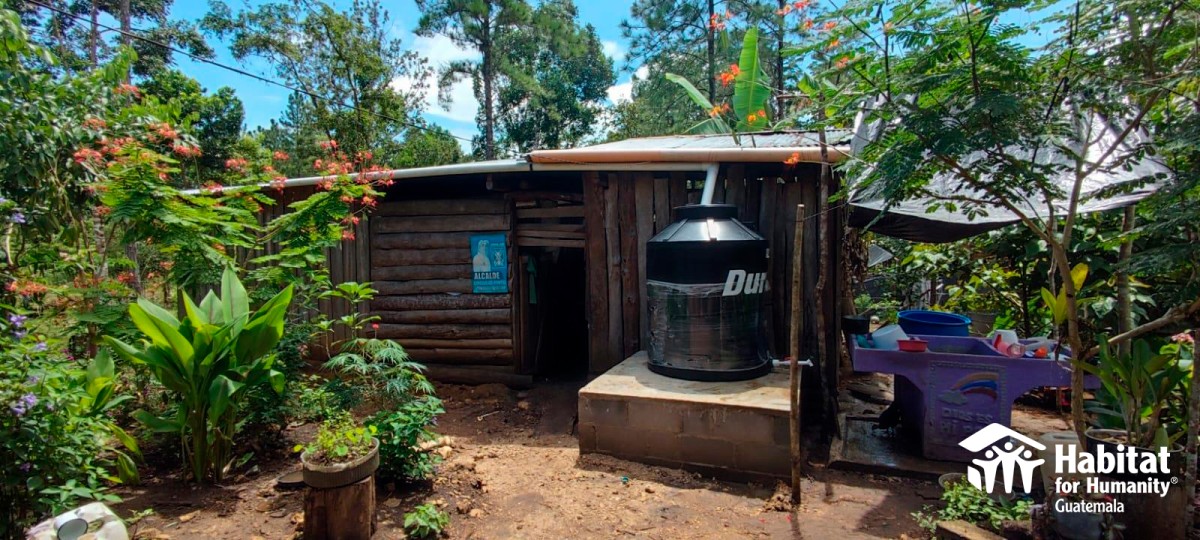
Key Strategies
During project implementation, several strategies were employed, including:
Development of an action plan and timeline with established dates.
Identification and selection of families with the participation of community leaders.
Meetings with community leaders and beneficiary families to establish commitments.
Supervision visits of the construction process by technical staff.
Implementation of capacity building activities.
Active participation of community members in various tasks.
Lessons Learned
The project revealed valuable lessons, including:
- The importance of community engagement in the success of the project.
- The need to properly manage materials with suppliers.
- Consider weather factors in planning activities.
Community Impact
The implementation of the project has had a significant impact on the community:
- Fewer gastrointestinal illnesses due to access to safe water.
- Less time spent collecting water, allowing families to focus on other activities.
- Increased knowledge of hygiene and risk management practices.
- Increased quantity and quality of water available to households.
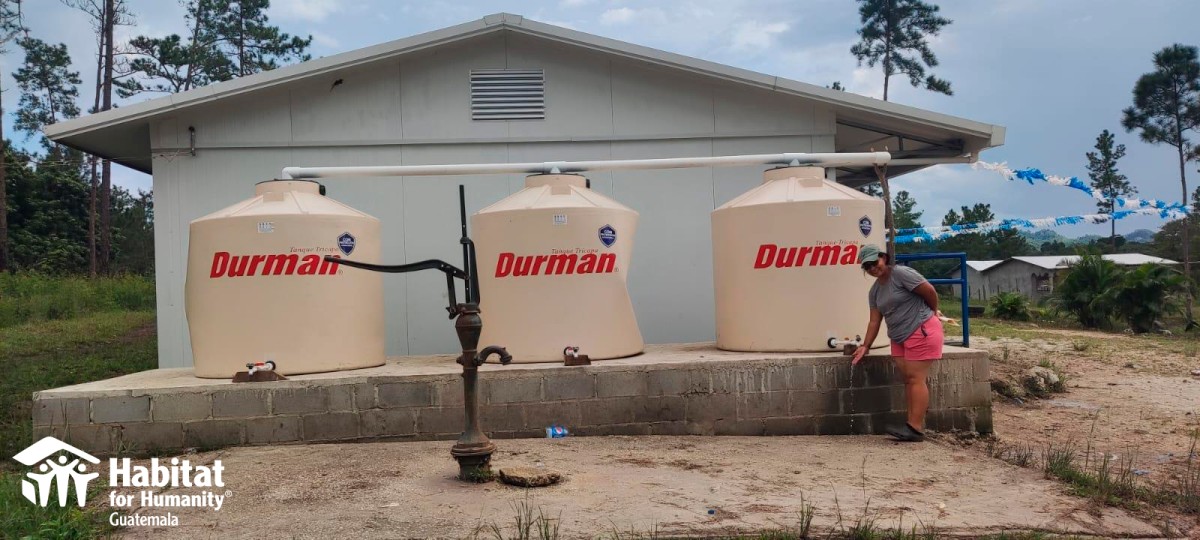
Sustainability
The project promotes sustainability through community training and empowerment. Families are able to self-manage new projects and address their identified needs. In addition, financial education is promoted to improve family economic management.
Support from Authorities and the Private Sector
The project received support from local authorities, the COCODEs, and the private sector, in particular Aliaxis by Durman, which donated essential materials for project implementation.
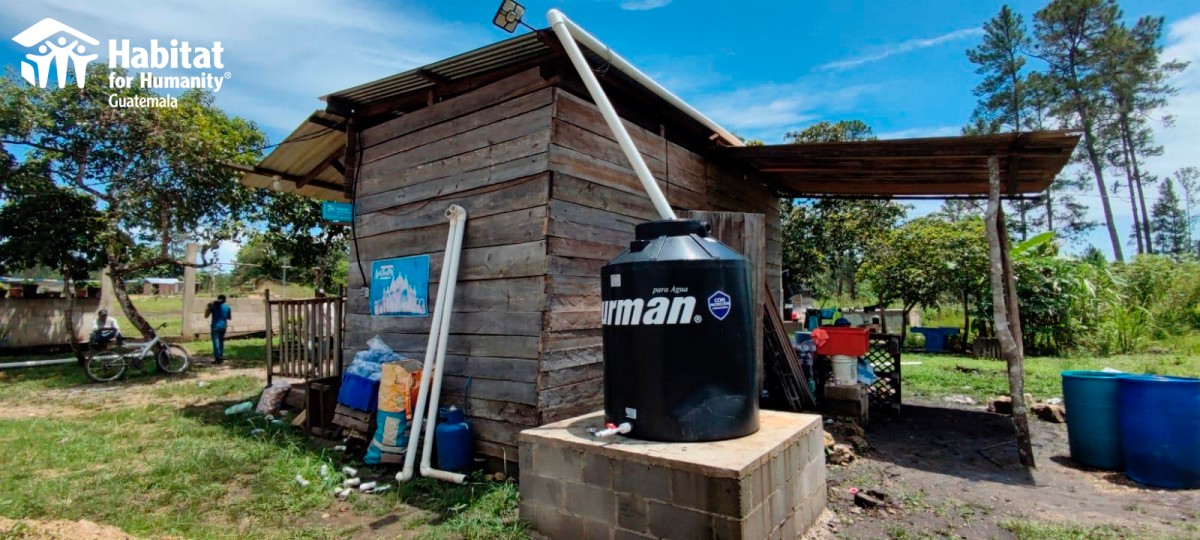
The Drinking Water System in Nueva Jerusalén is an inspiring example of how a committed foundation can change lives and entire communities. Thanks to this initiative, 32 families now enjoy improved access to water, hygiene and sanitation, which has had a positive impact on their daily lives and future. This project has not only provided concrete solutions, but has also sown the seeds of self-management and sustainable development in the community of Nueva Jerusalén.

